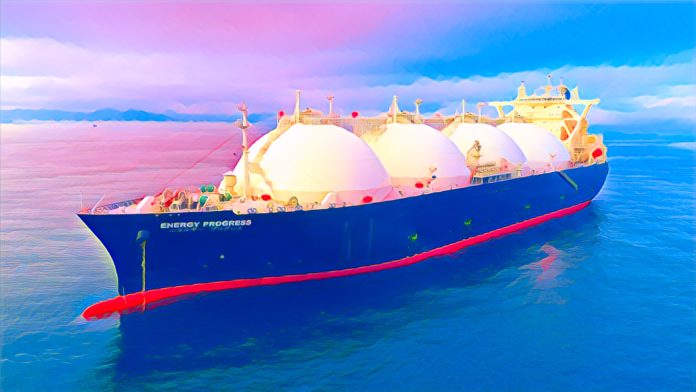Key Points
-
Petrol imports reached 613.6 million litres, a record high.
-
The focus keyphrase is petrol import surge and it signals growth in demand.
-
The petrol import surge exposes gaps in Nigeria’s refining capacity.
New data shows that Nigeria imported 613.62 million litres of Premium Motor Spirit (PMS) in the past year, which is the most the country has ever relied on imported petrol.
The National Bureau of Statistics (NBS) in Abuja published the numbers, which show that Africa’s largest oil producer is having more and more trouble with its energy supply. There is a lot of crude oil, but not enough refining capacity.
Officials say that the rise in petrol imports has put even more strain on the country’s foreign-exchange reserves and made inflationary trends worse because of the unpredictable nature of global oil prices.
The NBS Commodity Trade Report says that petrol made up a large part of Nigeria’s total imports for the year, more than machinery, electronics, and food imports. The number of imports is up 14% from last year, which shows that demand at home is rising because of transportation, industry, and generator use.
The collapse of a refinery causes a surge in petrol imports
Nigeria is one of the world’s top ten exporters of crude oil, but its four state-owned refineries in Port Harcourt, Warri, and Kaduna are still only running at less than 10% of their full capacity. Years of neglect, bad management, and corruption have ruined the plants, so the country has to rely on imports to meet its daily need of more than 66 million litres.
At a briefing in Abuja, Senator Heineken Lokpobiri, the Minister of State for Petroleum Resources (Oil), said that the government is speeding up the repairs of the refineries owned by the Nigerian National Petroleum Company Limited (NNPCL) and working with private companies to fill in the gaps in supply. He said that the rise in petrol imports was not sustainable and warned that the country could not keep “exporting crude and importing refined products indefinitely.”
According to a report by the Punch news, Mele Kyari, the CEO of NNPCL, also said that the Port Harcourt Refinery should start up again in part before the end of the year. The long-awaited Dangote Refinery, which will process 650,000 barrels of oil per day, will greatly reduce the need for imports once it is fully operational.
Rising consumption and financial stress make worries worse
Nigeria’s cities are growing, its population is growing, and it relies heavily on petrol-powered transportation and electricity generation.
All of these things have increased demand. The rise in petrol imports has made the trade deficit bigger, the naira weaker, and the pressure on public finances stronger since fuel subsidies were cut in 2023.
Dr Bismarck Rewane, an energy economist and CEO of Financial Derivatives Company Limited, said that the constant importation of petrol “erodes fiscal stability” and makes the economy more vulnerable to shocks from outside. He said, “Nigeria’s rise in petrol imports is a structural problem linked to the failure of domestic refining and the slow pace of energy diversification.”
The Major Oil Marketers Association of Nigeria (MOMAN) has asked the government to put deregulation and infrastructure investment at the top of its list of things to do to make the downstream sector more stable. They say that Nigeria will have to keep buying expensive imports for years to come because it doesn’t have a working local refining system.
Right now, policymakers are counting on the Dangote Refinery to change the trend and bring things back into balance. But until that promise comes true, the rise in petrol imports will continue to be a major part of Nigeria’s energy economy.



